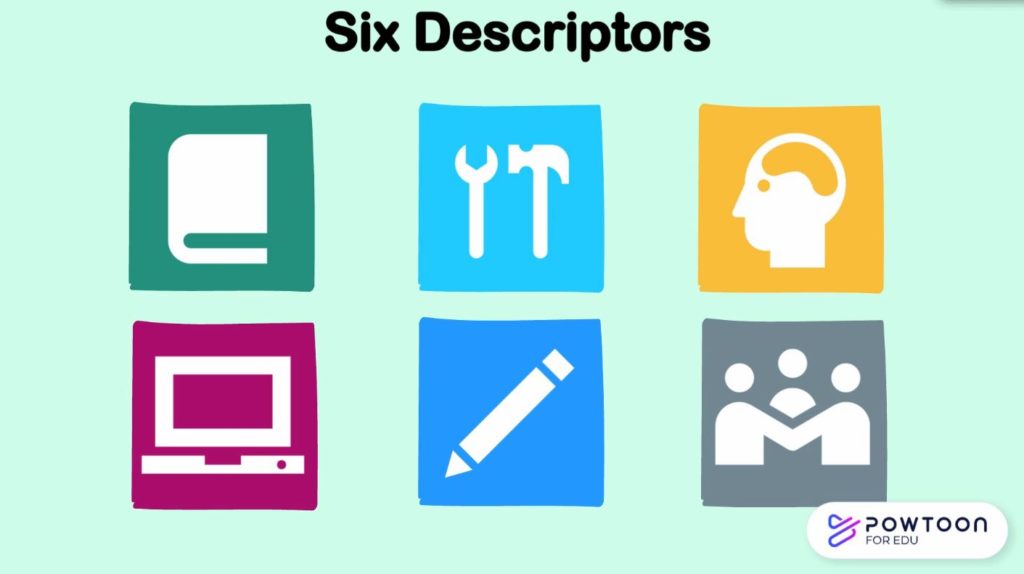Thankyou for reading this EE blog post this is representative at the time it was written.

Over this summer the University of Sussex Business School embarked on a project to co-create new marking criteria for assessments within their courses. This project saw students, academics and professional services staff come together to collaborate on and produce a common set of criteria and descriptors that were accessible to students.
The project aimed to address differential criteria in place across departments, ensure quality assurance by anchoring the revised criteria to the national standards for each level of study, and address NSS scores and feedback from students. This feedback had highlighted the need to create a consistent set of criteria that used accessible language in order to allow students to engage with the assessment and feedback process. When asked why having a clear criteria was important from a staff and student perspective students answered:
- To be able to understand what is expected.
- Transparency.
- Motivates students and gives directions for improvement and developing potential.
- Less ambiguity and misunderstandings.
This project employed a number of Student Connectors both from within the Business School and from other academic schools who provided insight into the students perspective and experience.

A set of generic criteria is important to provide students with consistency, however it was important that this was able to be adapted for individual assessments to allow for variation in assessments and to ensure that students receive individualised feedback. Each level has been created as Turnitin and Canvas rubrics which staff can apply to their assessments and then adapt as needed, providing additional contextual information for students.
Technology Enhanced Learning are running workshops for University of Sussex Business School staff to provide guidance on using the school marking criteria and providing effective feedback – book a place. If you would like to find out more about this project please contact tel@sussex.ac.uk.


